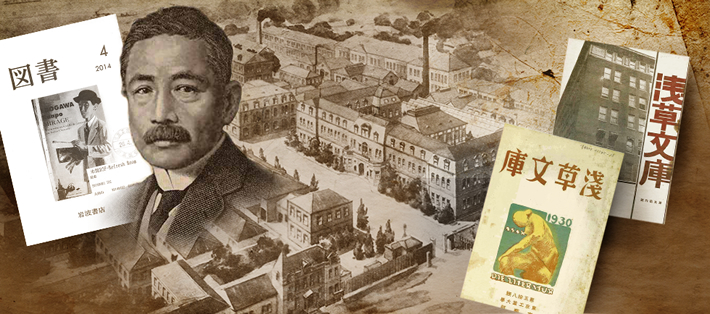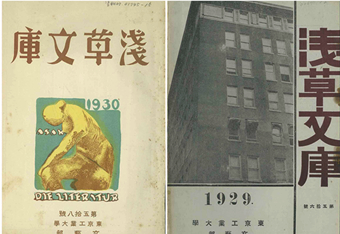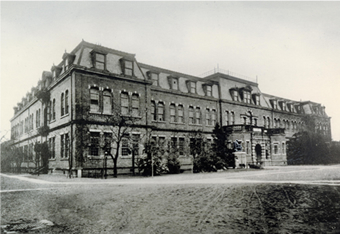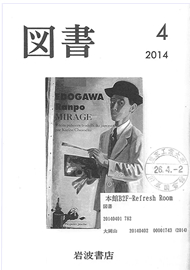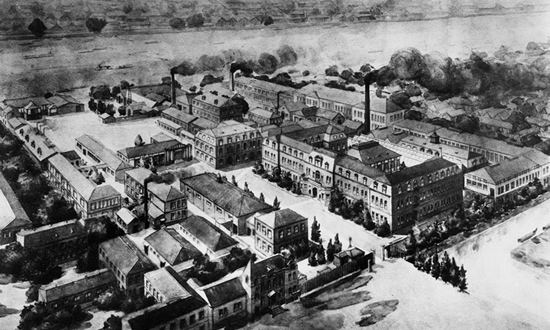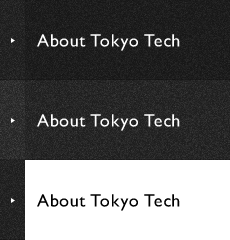Our crafts are totally different, mine and yours. Were it not for this juncture, our paths would not have crossed. Our approaches to human energy differ radically. You strive to preserve it. I exhaust it. You aim to reduce distances between destinations, save time, make lives easier. That is what you do. It is your specialty. Literature, art, music, and theater, on the other hand, exhaust human energy. That is what I do. I do not measure anything in terms of time or distance. What I do requires no airplanes, no speedy or robust products. Quantity is of no importance. A writer may only produce one masterpiece in a lifetime. In sum, you, who pursues shortened time and mass production, you are the opposite of me.
Your works are universal by nature, mine are personal. But that is not to say I can cut corners. In fact, I too sometimes need laws, albeit for reasons different to yours. Writers need them to add depth and dimension to their writing. When writers acquire hundreds of readers, it must be due to a shared something that connects the readers' minds. This is a kind of law for us writers.
The creators of works in your field are not of particular importance. What you value is the skill, not the individual. Writers are constantly judged based on their works — who they are matters. To put it another way, the quintessence of writers, artists, and musicians is embodied in each particular person. All else is adornment and accessories. Viewing the world from this standpoint would be interesting, would it not? In my opinion, all people must value themselves and, regardless of their affairs, be aware of their personality and individuality. This is genuinely vital in fulfilling our duty as human beings.
I shall end here. While being a simple contrast between your specialty and mine, I believe my talk is also instructive and applies to all of you. It would bring me great joy should my words help you, either as professionals or human beings.
. Any information published on this site will be valid in relation to Science Tokyo.


